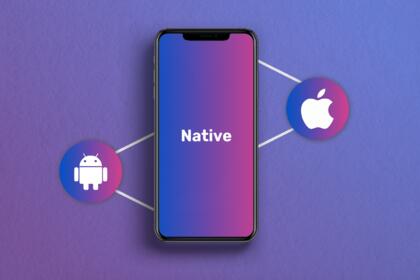
The mobile version of the site or the mobile application: what works better


Affordable price
Save time and money
Reduce the cost of programming services, use the “ConverZilla” service and create a mobile application from the website in 5 days.
Convert a website into an app


